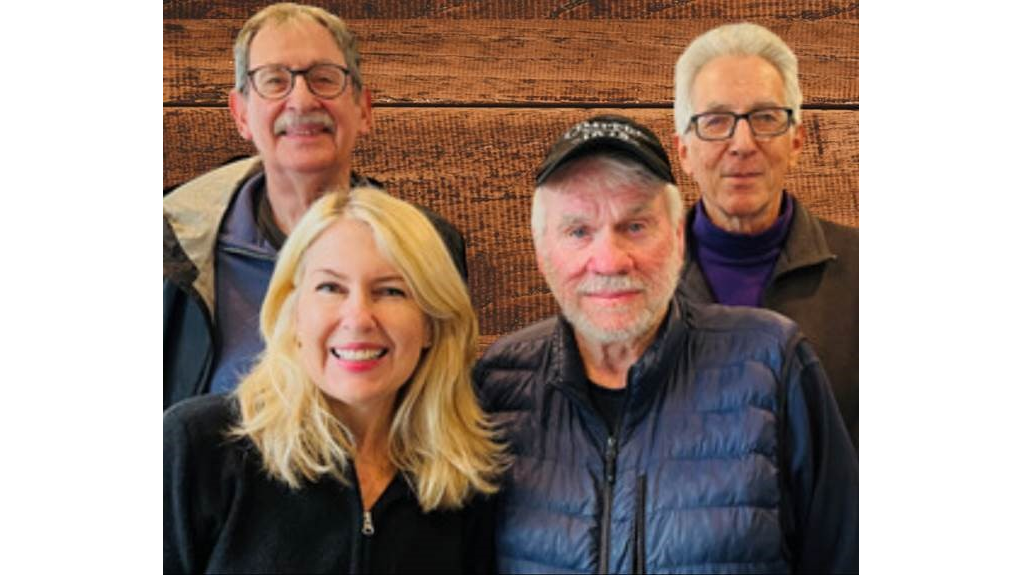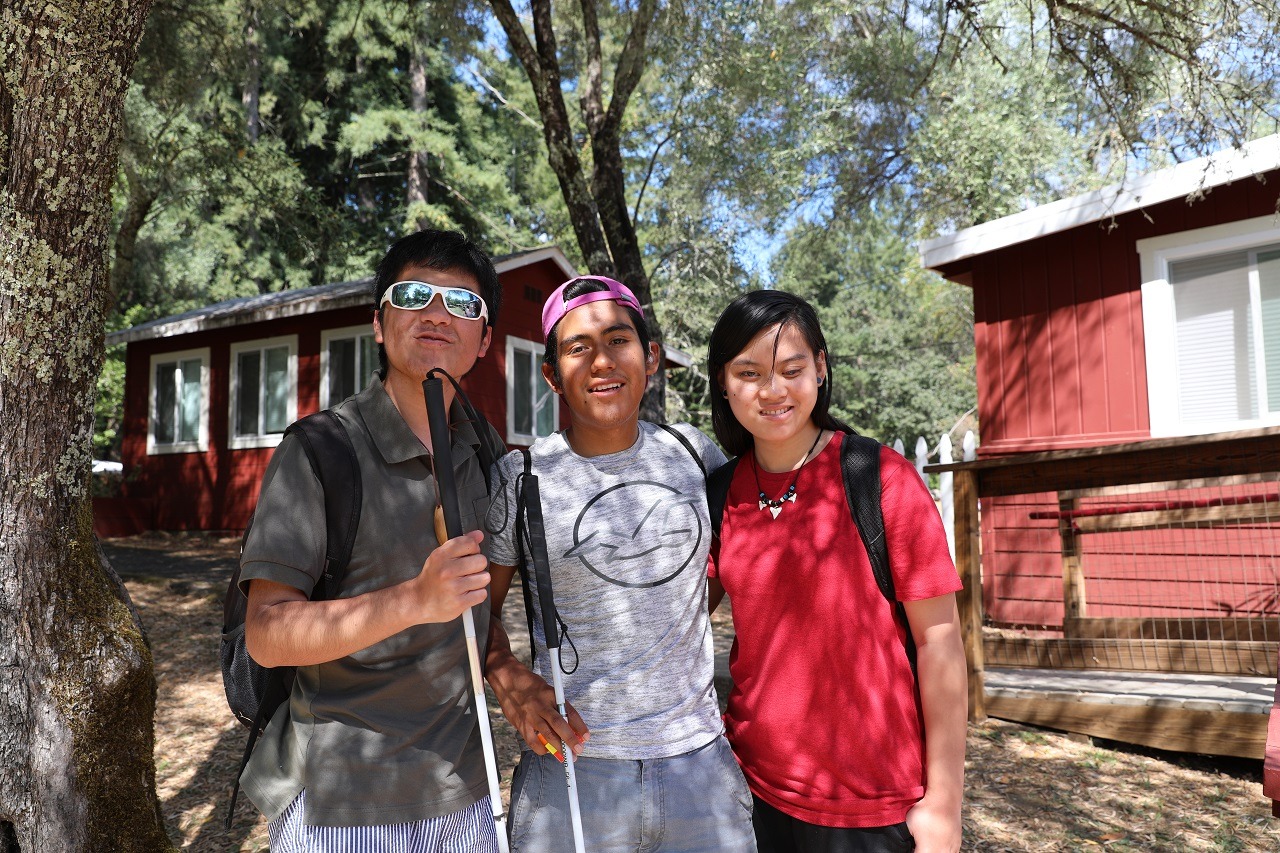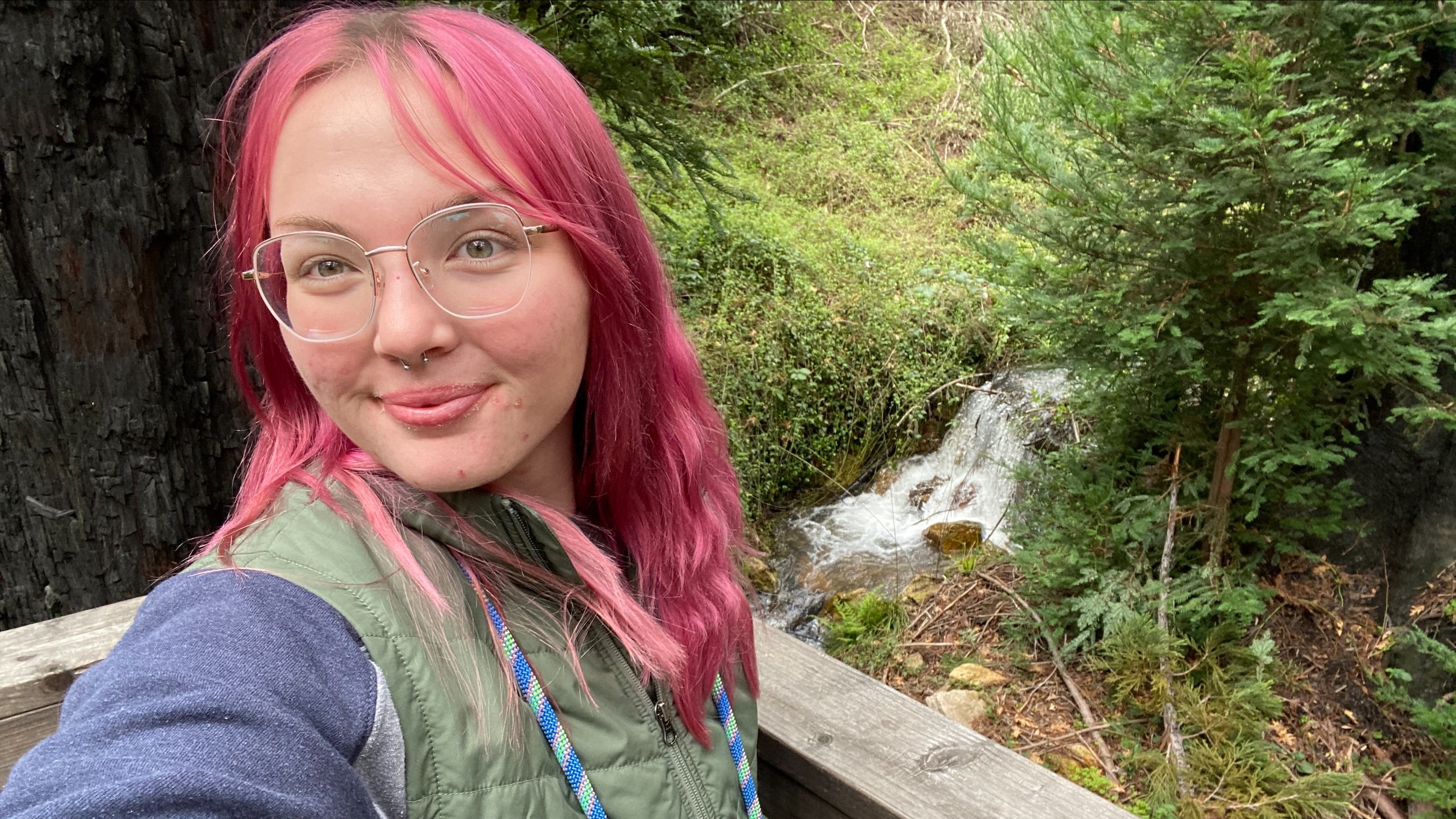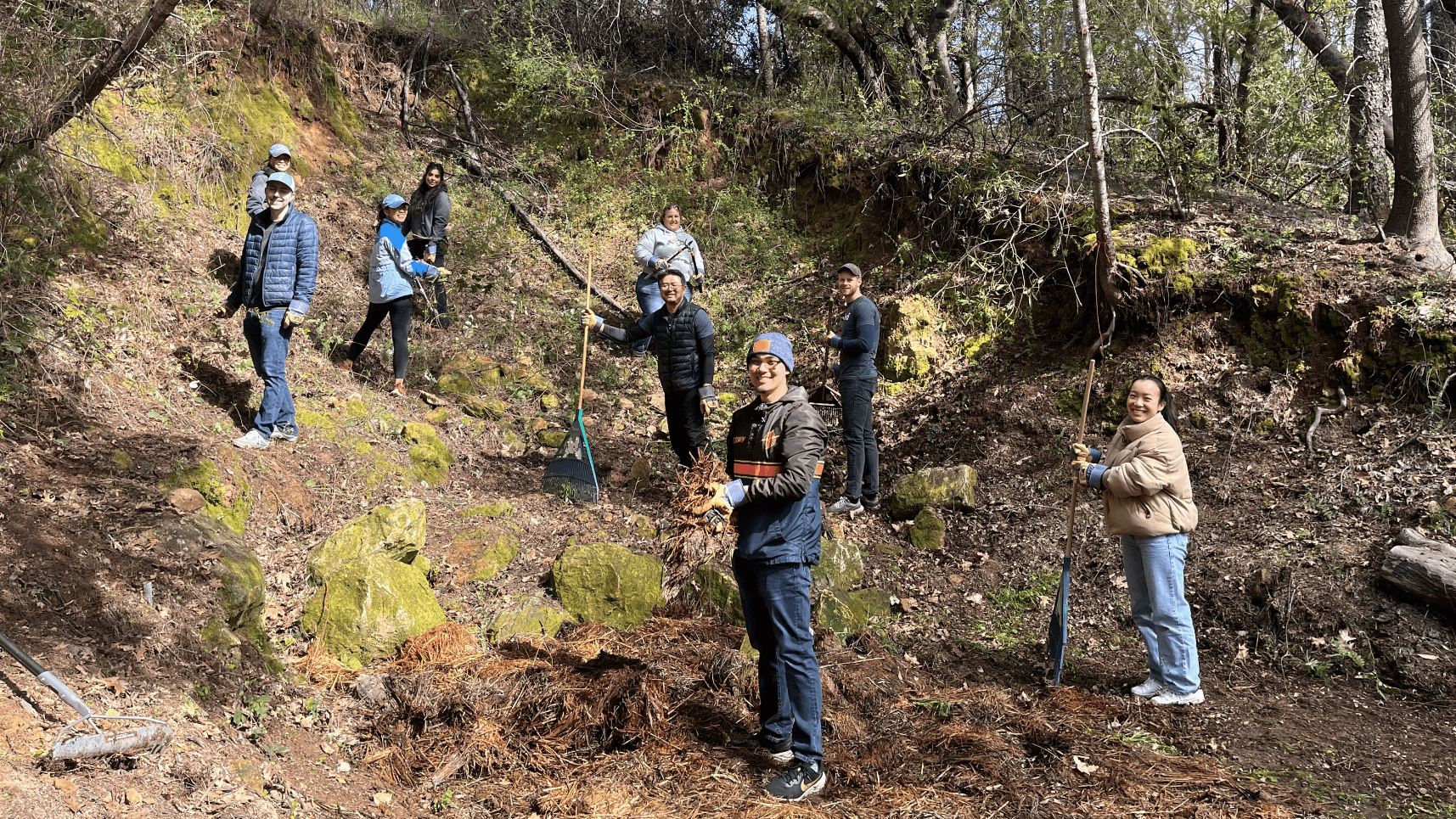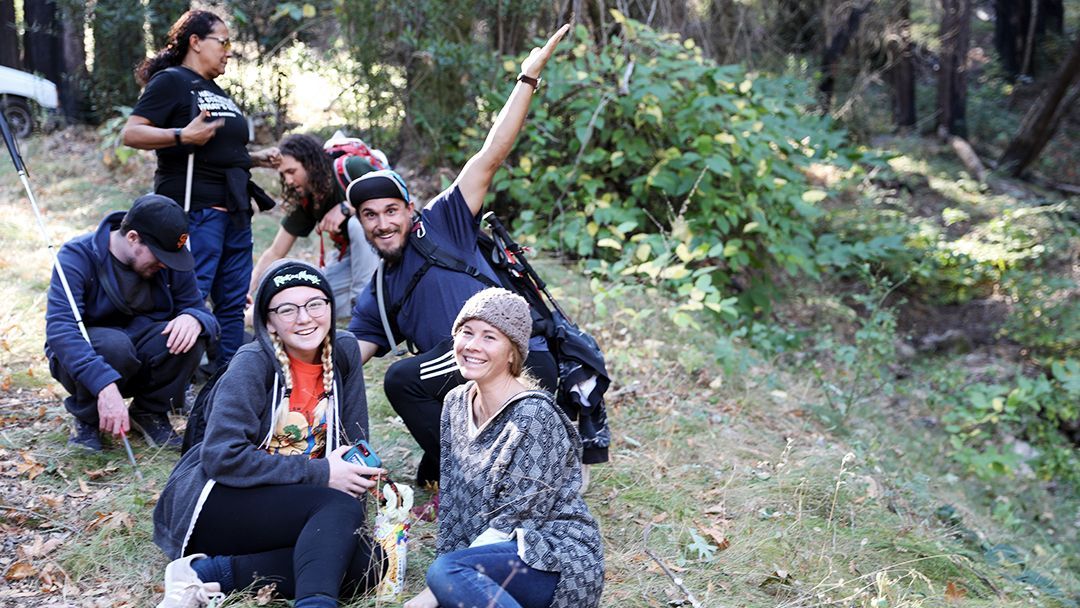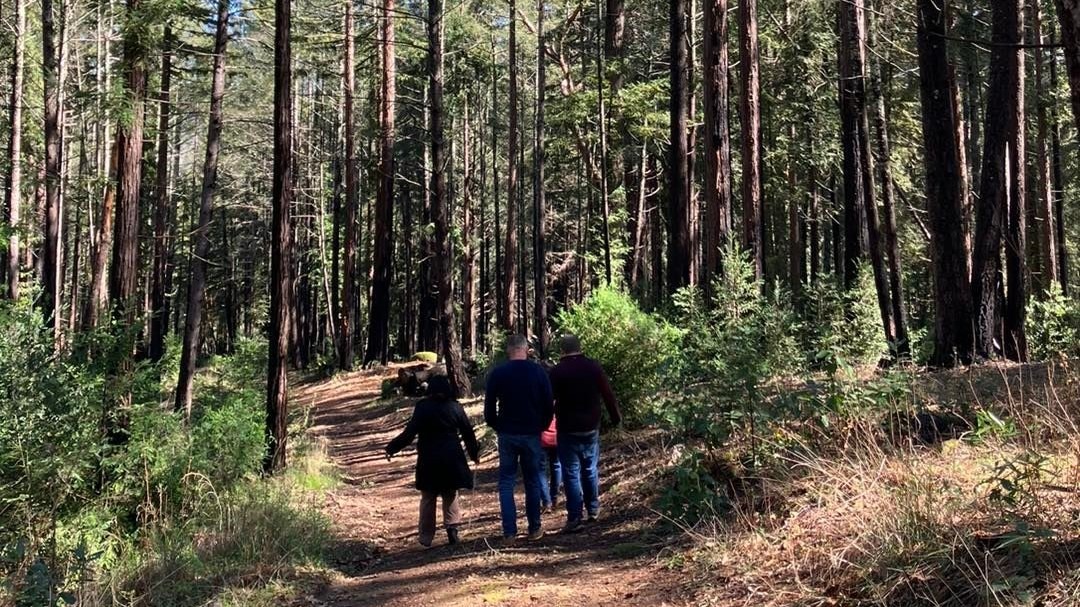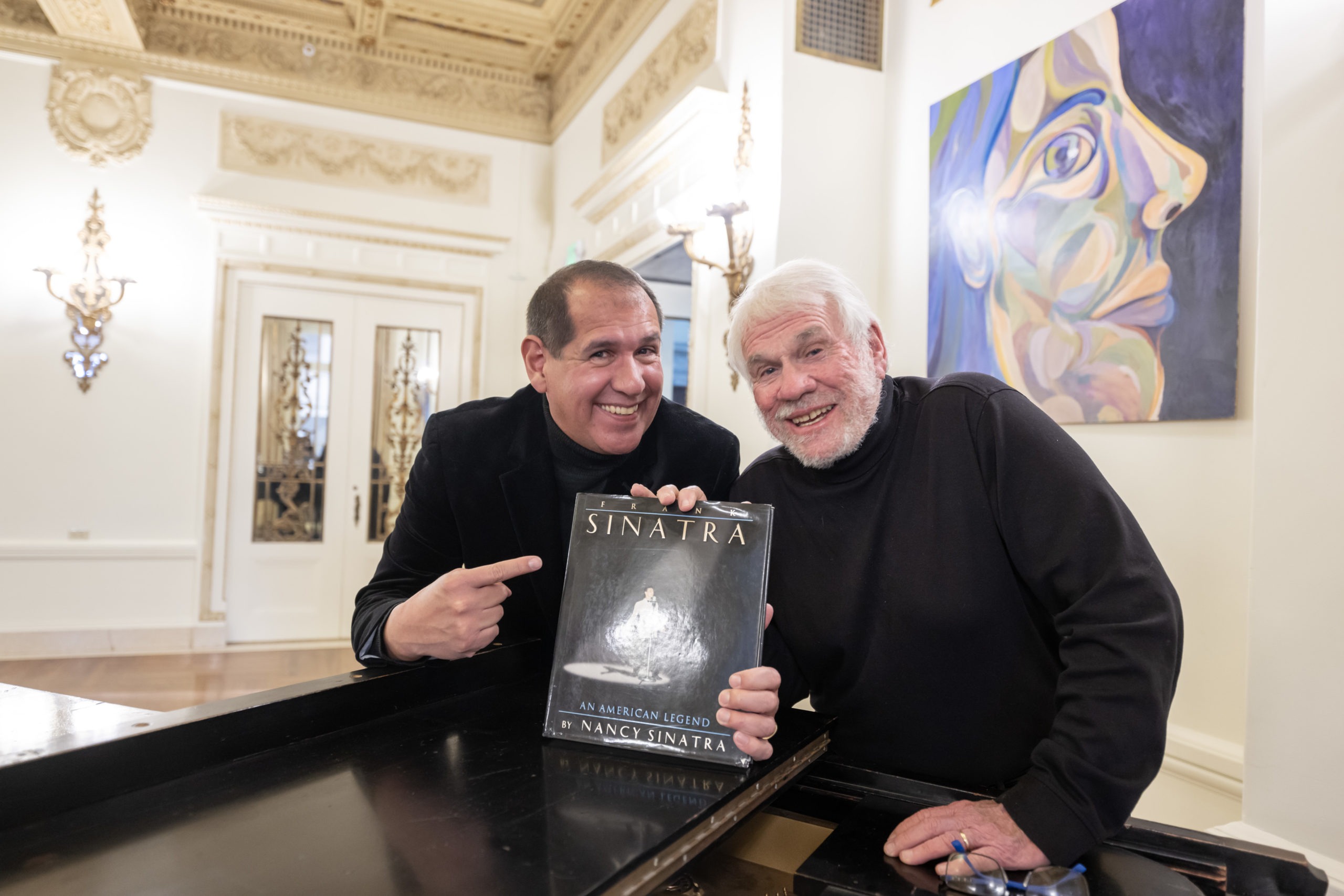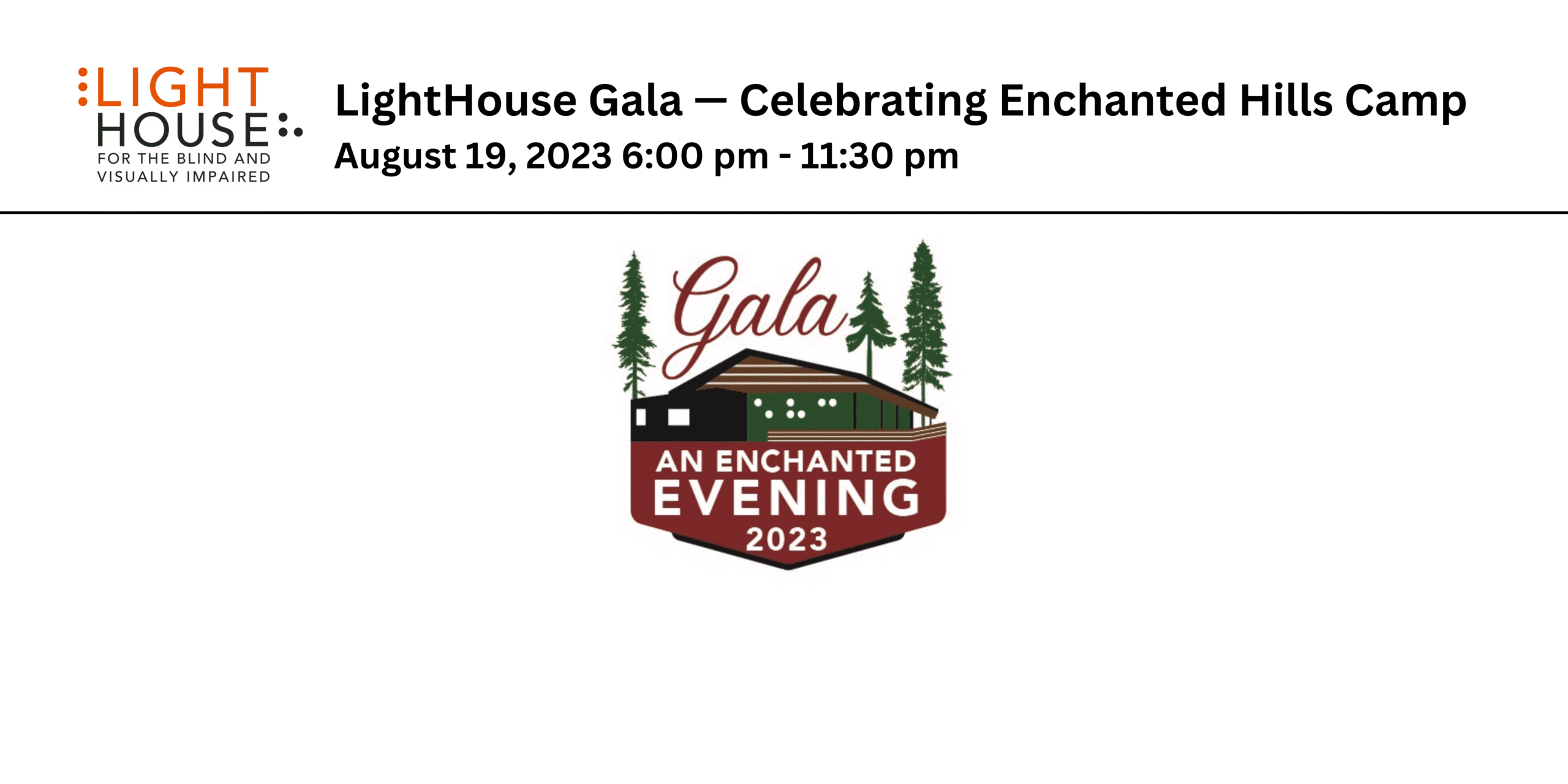23rd Annual Gill Benefit Concert: On the Road Again: Willie Nelson’s Letters to America to Benefit EHC
Photo: Stephen Gill, Mollie Hudner Thomson, Steve Beitler,
and Bob Feiner
It’s time once again for the Gill Benefit Concert to benefit Enchanted Hills Camp. This year’s concert...
